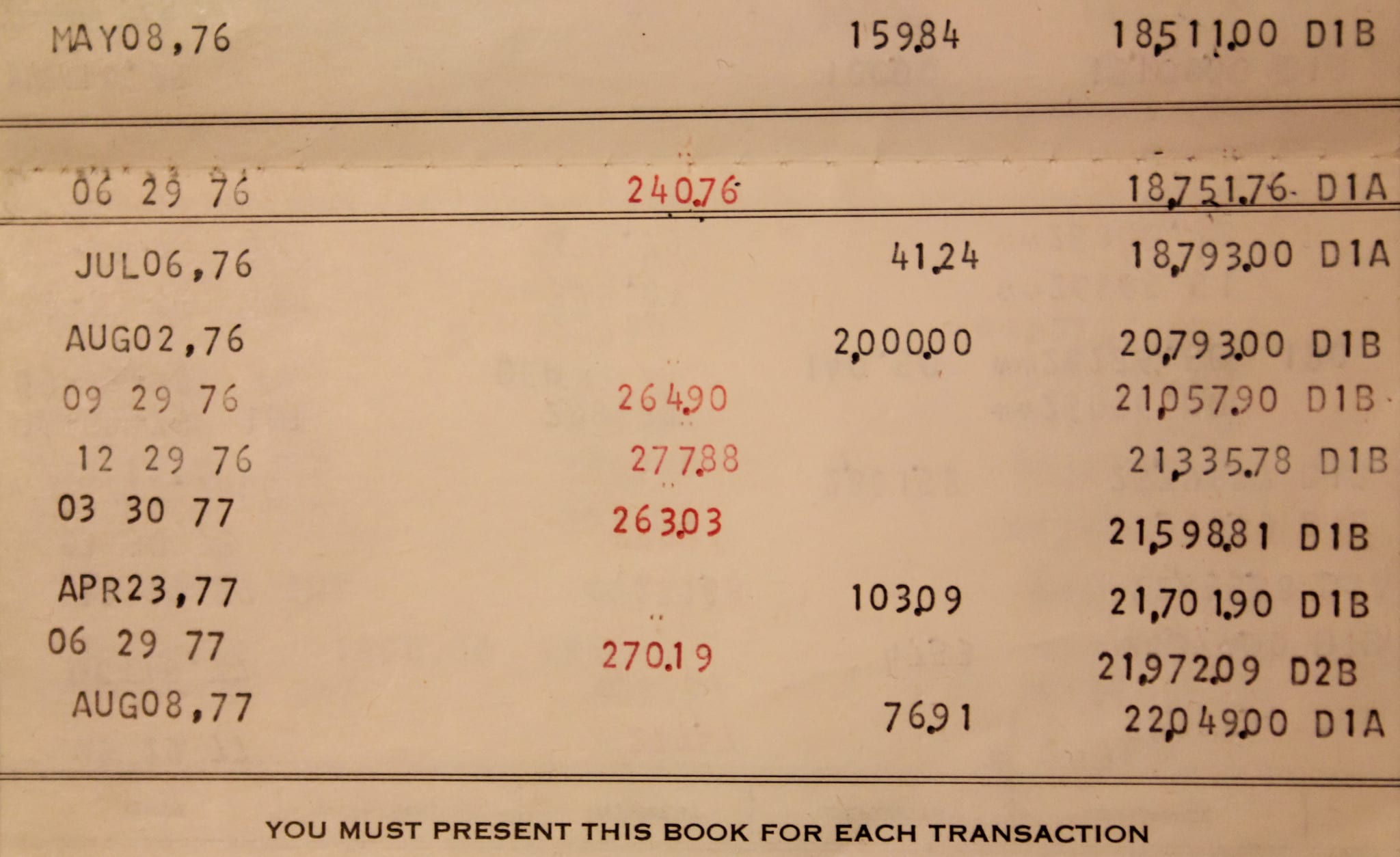Choosing your method of payment for things isn’t as straightforward as you might think. That’s why I created a short guide called “How to spend money“.
But I was really just talking about expenses in that post. What about bills?
Recall that your bills are your recurring charges, often but not always monthly. These are things like rent/mortgage, insurance, electric, water, phone, cable, Netflix, etc.
Now, I don’t pay bills, and I don’t want you to either. This means that you need to set up auto-payment for all of them.
Obviously you’re not going pay cash for bills, and hopefully you’re not using regular checks for any purpose. So that leaves the following options:
- Credit card
- Debit card
- ACH / E-check
- Bill pay
(I’m going to leave alternative payment sources like PayPal out of our discussion, because they typically just link to one of the above.)
Table of Contents
Paying bills with a credit card
If you’ve been reading this site at all, you’ll know that I don’t recommend paying for regular purchases using a credit card. This is because when you pay with a credit card, you haven’t actually paid for it; you pay when you pay the credit card off. And I don’t want you to time shift your bill payments, and I don’t want you to have to make two actions when one will suffice.
Yes, I know all about purchase protection. Debit cards have purchase protection too. And while it is theoretically possible that a fraudulent transaction could temporarily wipe out your account (you will get it back), the chances of that happening are much less than the chance that you will mess up a payment with a credit card.
Paying bills with a debit card
A debit card typically links to your checking account. When you pay with a debit card, the money gets taken right out of your checking account. Boom: bill paid.
I like this method and use it when I have no other option. There is a downside to paying with a debit card though: every time you get a new card, you will have to update every one of your bills.
This is a huge pain. How many bills do you have? I have around a dozen of them. Going through that many payment changes is not my idea of a fun evening. Most of these sites I haven’t logged into since I first set up the account, so I’ll need to dig around for my login info.
And should you forget to update your info when you get a new card, your bills will temporarily not be paid. Not great.
Which is why I prefer:
Paying bills with ACH
ACH (“Automated Clearing House”, also known as “E-Check”) means that you pay directly out of your checking account. You give the payee your account number and routing number, and they use that information to debit your account.
The best part about this is that you basically never have to update your info. How often do you change card numbers? Every few years, sometimes more frequently, depending on the latest retail breach.
How often do you change your checking account number? Answer: once, when you switch from your big bank to a credit union. You should never need to change it after that ever again.
So if I have an option between a card or ACH, I typically use ACH.
Now, some people would say that this isn’t secure. Technically, if someone sees your account number and your routing number, then they could have the ability to debit your account.
This is a massive security hole in plain sight, I agree, but let’s also not forget that this means that any check ever written is a security hole. Any time you need to pay the DMV or some other institution that requires a check, you are in effect creating a security breach.
What this means is that roughly 100% of people have given their account information out.
This kind of ubiquity shouldn’t lull us into a false sense of security, but when is the last time you heard about ACH fraud, versus credit/debit card fraud?
Perhaps this is naive of me, but I just don’t worry about these things. I check my account balances frequently, so if anything unexpected shows up, I’ll know about it immediately. And if there are any fraudulent transactions, you have 60 days to dispute them. You’ll know well before then.
If you don’t wish to give out your account number to pay your bills, I would totally understand that. In which case, use a debit card. Just make sure to update your info whenever you get a new one.
Paying bills with bill pay
My landlord who lived across the way from me didn’t exactly have a payment gateway. He had a mailbox.
Some bills don’t have an online option. But that doesn’t mean that you need to write checks. Any self-respecting bank has an online feature where you can set up to pay bills online.
This means that the bank will either electronically send payment, or it will create a paper check and mail it out to the payee.
This is a “push” bill payment instead of a “pull” bill payment. Bill pay is initiated by the payer, not by the payee.
You won’t be able to automate this if your bill changes in value each month. But a rent check is perfect for this kind of thing. I currently pay my HOA dues this way.
Summary
So here’s my quick take on your payment options:
- Credit card: No.
- Debit card: A good option, but you’ll need to update info periodically
- ACH / E-check: A good option, but has security implications
- Online bill pay: A good option for your landlord
Happy bill paying!
But enough about me: how do you pay bills?


